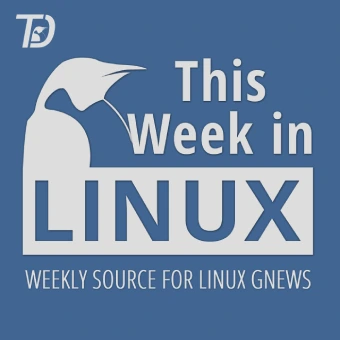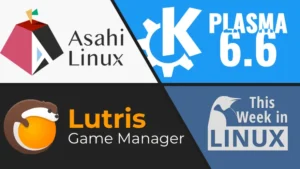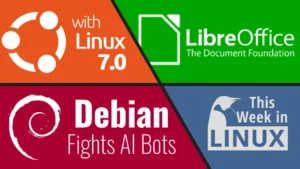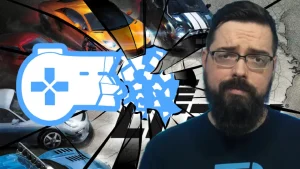On this episode of This Week in Linux, PineNote: E-Ink Tablet by Pine64, MATE 1.26, Manjaro 21.1, Zorin OS 16, Sparky Linux 6.0, KaOS Linux 21.08, Slackware 15.0 RC1, Kdenlive 21.08, Element Chat Adds Voice Messages, HP Envy x360 Collab with DasGeek, Krita 5.0 Beta. All that and much more on Your Weekly Source for Linux GNews!
[powerpress channel=”thisweekinlinux-mp3″]


Segment Index
- 00:00 = Welcome to TWIL 165
- 00:20 = DLN MEGAFest Is TOMORROW! (August 22nd)
- 01:59 = PineNote: E-Ink Tablet by Pine64
- 06:37 = MATE 1.26 Released
- 08:46 = Manjaro 21.1 Released
- 12:18 = DigitalOcean: Managed MongoDB ( https://do.co/dln-mongo )
- 13:26 = Zorin OS 16 Released
- 18:23 = Sparky Linux 6.0 Released
- 19:48 = KaOS Linux 21.08 Released
- 22:35 = Bitwarden Password Manager ( https://bitwarden.com/dln )
- 24:05 = Slackware 15.0 Release Candidate
- 26:29 = Kdenlive 21.08 Released
- 30:19 = Element Chat Adds Voice Messages
- 33:36 = HP Envy x360 Collab with DasGeek
- 35:25 = Krita 5.0 Beta
- 36:33 = Humble Bundles: Games Books & More (see below)
- 37:56 = Outro
Humble Bundle
- Jackbox Summer Party
- Big Brain
- Seven Deadly Sims
- Engineering & Physics by Mercury Learning
- Math Statistics, & Game Theory Toolkit by Morgan Claypool
- Remarkable Roguelikes
- Treasures! Maps! Adventures!
- Starfinder by Paizo
- Science Fiction and Fantasy by Graphic Audio
- Mutant Chronicles with 3D Miniatures
- Isekai by Kodansha
- Back to School by Make






